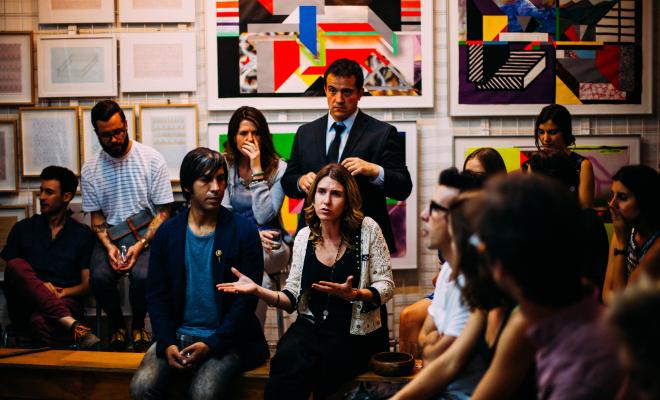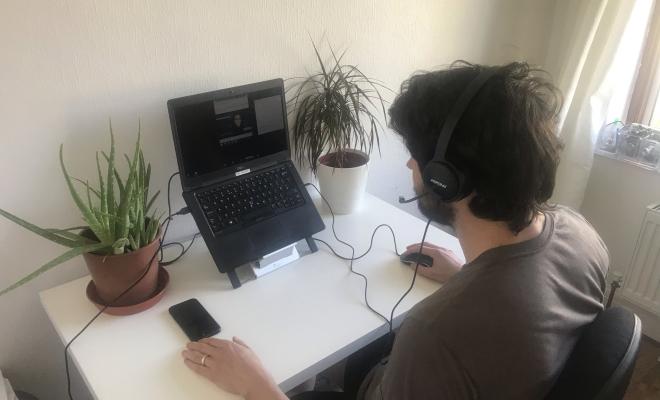06 Feb 2026
Get more from your meetings
Meetings keep your group active and focussed, so you want to get them right. Use our top tips to help make sure the regular time you spend together is engaging and productive.
1. Make it a social space
Make it as much about socialising as campaigning. Be friendly and positive. Celebrate your successes and don’t always feel like you have to be attending to business.
Make time to grab a coffee with different members. Get to know them, share your personal stories and find out what makes them tick.
You should try to make your meetings as fun as possible too. Even something as simple as using funny ice-breaker style questions at the start, middle and end of your meetings can help people enjoy being there.
2. Inclusive meeting times
Is this an accessible time for young people? Or for parents? It’s best to keep your main meeting to a regular day and time, but any other meetings can be moved around to accommodate as many people as possible.
3. Improve meeting efficiency
Don’t get bogged down in process and minutes. People don’t want to feel like they are at work. Long meetings won’t draw newcomers back.
Stay on time, stay on topic, and avoid distractions. This will help you get the most out of meetings without taking up half the day.
4. Organise activities
People don’t want to sit in endless meetings. They want to be productive and have an impact. This is especially true for newcomers! Try to have an activity at least once a month and always ask newcomers if they’d like to get involved with it. Have quick reviews of your activity in meetings too. Remember – meetings should exist to make activities happen.
Create an inclusive environment
Everyone joins a Climate Action group to make a positive difference, so it’s really important to respect each person's views and really listen to them.
Have a positive attitude and try to be constructive. Avoid criticising others and try to build on ideas instead of dismissing them.
1. Establish ground rules
People are more likely to adhere to rules if they've contributed to them – so agree on them together. Have a look at our suggested rules to get you going. That said, don't spend too much time dishing out instructions. People usually come to a group to contribute and be heard, not to listen to a lecture.
2. How to handle interruptions in a meeting
Be patient and don't interrupt others or speak over them. Put your hand up or use other hand signals if you'd like to speak. If you're using hand signals, make sure that everyone knows how to use them. Learn more about useful hand signals here.
3. Dealing with abusive language
Operate a "safe spaces" policy. This means that if someone's words or actions create discomfort or distress, regardless of intent, they will be asked to modify their behaviour.
Never tolerate bullying or abusive language, and never tolerate sexist, racist, disablist, classist, transphobic or homophobic comments. Even if they were not made to offend, they are never okay.
4. Make collective decisions
It’s important that decisions come from multiple members in the group and not just the group lead.
For example, it should be clear that challenging problematic behaviour is the culture of the whole group. Give people the opportunity to learn from any inappropriate comments they made; and if this behaviour persists, make sure whatever decisions you make are made as a group.




